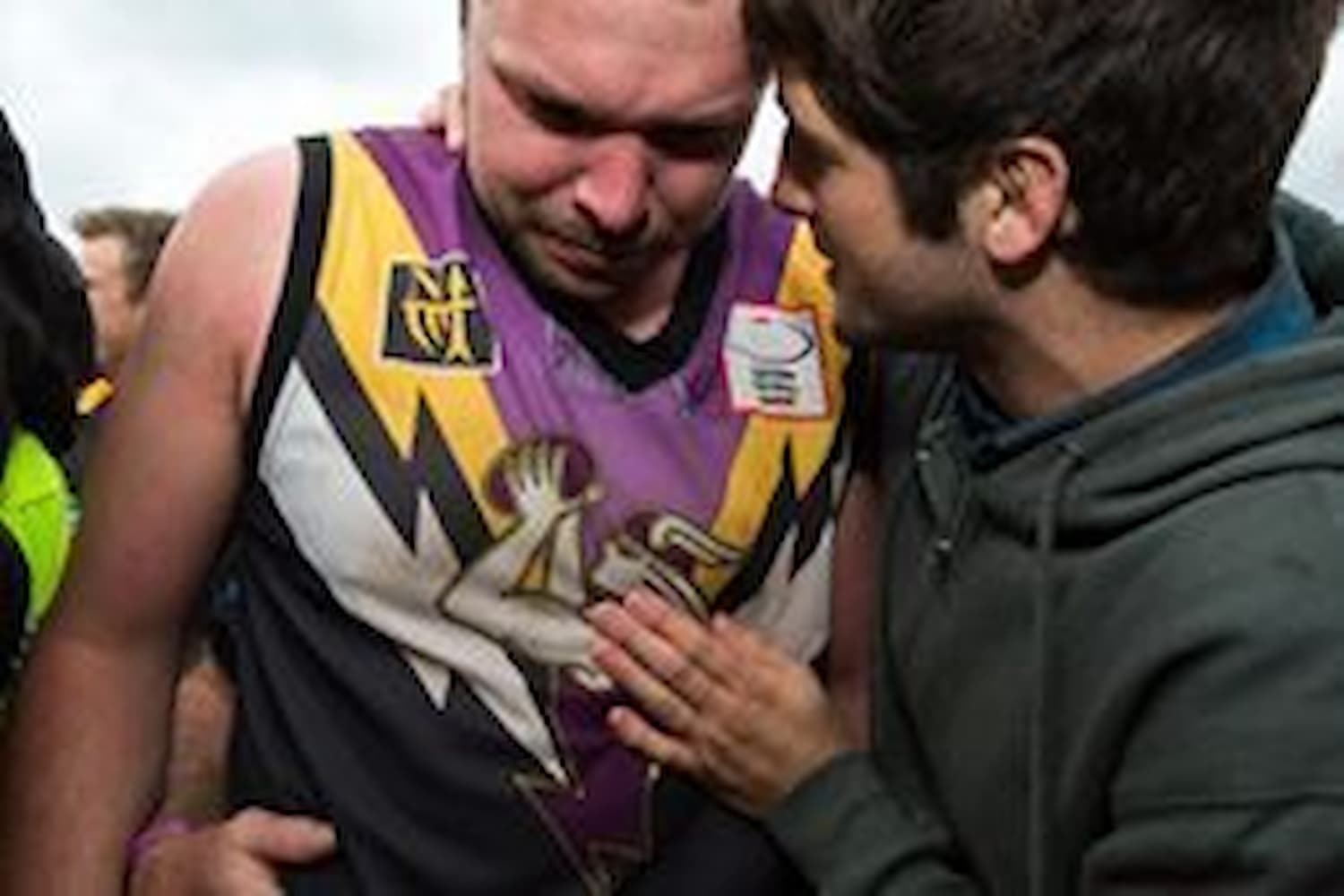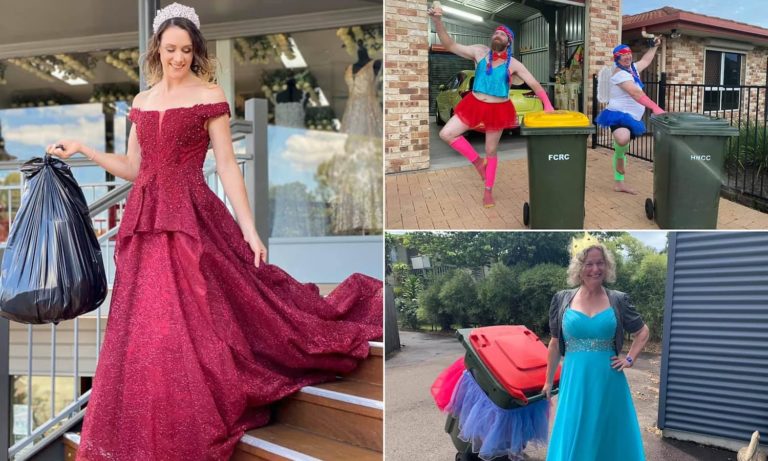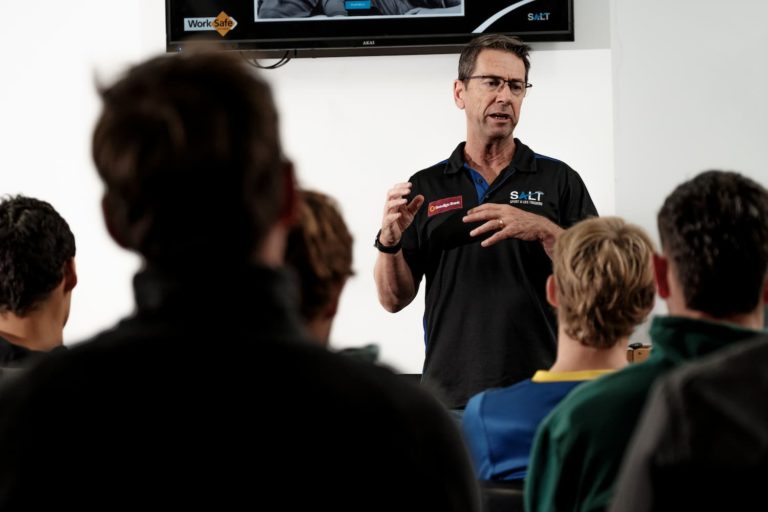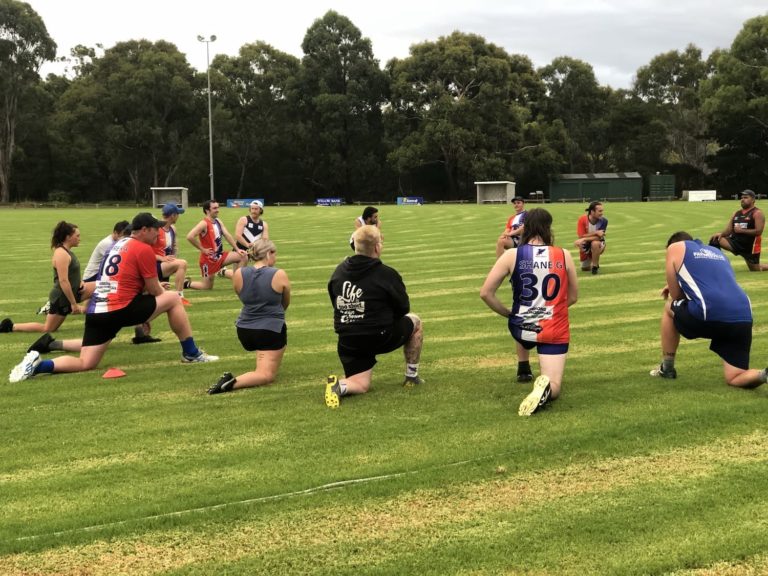Think about the men you know. Chances are they are decent, loving, caring people – and that’s what you like about them. However, the traditional gender stereotypes applied to boys and men is more about being tough, self-sufficient, patriarchal, and even alpha. Most Australians acknowledge the harm this stereotyping does, and many are receptive to changing their language, their expectations and their portrayal of men in this way. Not trying to stamp out masculinity, but rather moving away from rigid stereotypes and embracing more diverse forms of masculinity. Allowing boys and men to be valued for the attributes that let them to be more openly emotionally engaged, lead fuller lives and be freed from the pressure to meet the traditional swaggering stereotype.
The survey of 1,619 respondents, commissioned by the Victorian Health Promotion FoundationResearch revealed that young men (aged 16-17) generally have more progressive attitudes than older men on traditional gender roles and how limiting they are. They acknowledge these attitudes can contribute to poor health, lives that are not as richly lived. Conversely, this same age group has the highest levels of acceptance of men’s use of violence, homophobia and patriarchal power and control in relationships. Is this acting out of something they intellectually don’t believe in, a result of peer pressure?
The same research showed that people understand that gender is not just genetic, it is socially constructed – that society and the people these young men mix with, have a big influence on how they define what it is to be a man.
This revelation is a big opportunity for sporting clubs – particularly those clubs with large groups of teenage boys in their teams. It’s an opportunity for club leaders to sit down and discuss how they are going to be part of developing young men who are able to lead richer, fuller lives freed from the current onerous definition of what it means to be a man.
This is not a small task for a club. It’s about getting buy-in from committee members, coaches, parents – all the people who influence. It’s about language and living examples. And it’s not just about men showing younger males how they can evolve and change their mindset but also about having positive examples from both men and women on how a changed new paradigm works.
The Victorian Government has created a document to help: Framing masculinity
VicHealth’s research tested various messages for promoting healthy masculinity to identify which phrases are most likely to inspire positive change. For example: Men trapped by traditional masculine stereotypes suffer worse physical and mental wellbeing could be changed to Men freed from traditional masculine stereotypes enjoy better physical and mental wellbeing. Another example is: Challenging these outdated ideas of what it means to be a man is difficult because they are so deeply embedded in our culture. This can be changed to something that better reflects the truth: The vast majority of Australians do not agree with these outdated attitudes and are ready for change.
By encouraging boys and young men to invest in building their character and devoting time to healthy relationships, they will develop the tools to help them live a happier and mentally healthier life. As there is more acceptance of a redefined vision of what it means to be a man, then society will allow them to be their best. It’s a goal worth working towards.








